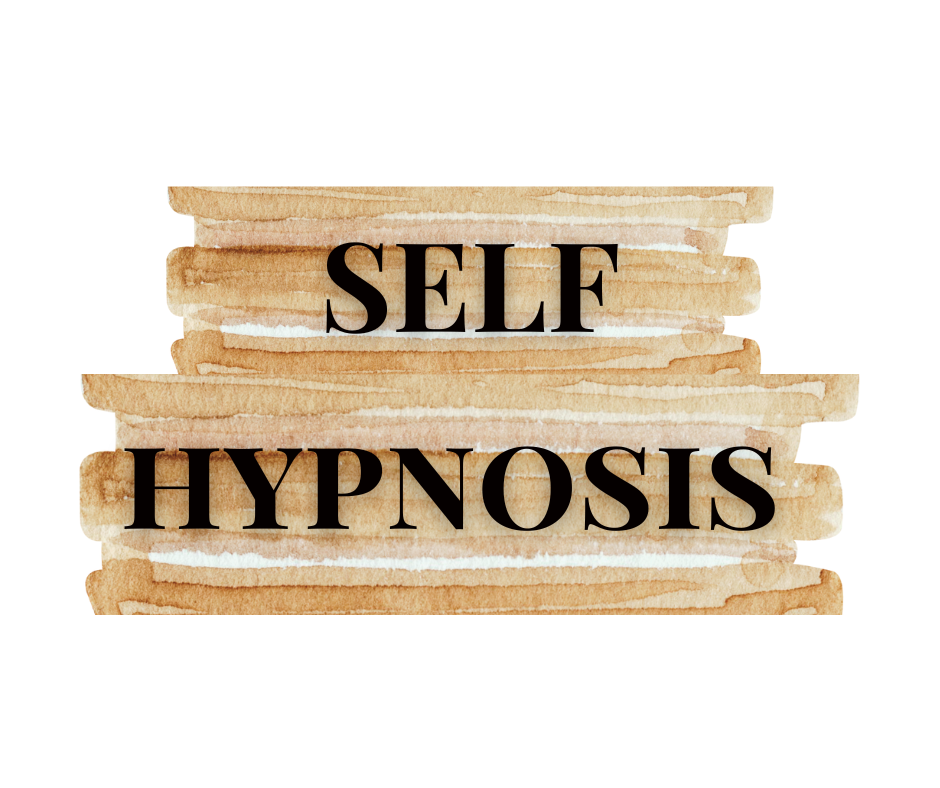- Posted on
- Jaswani T
- No Comments
Self Hypnosis- Introduction
In the huge domain of psychology and mental health, self-hypnosis stands apart as an entrancing tool that people can utilize to improve their well-being. This method frequently connected with counseling, psychotherapy, and hypnotherapy, gives a special way for people to address anxiety, mental disorders, and other difficulties. In this blog post, we’ll look at how self-hypnosis works and how it relates to mental health, counseling, and professional support available near you.
Understanding the Basics of Self-hypnosis in Mental Health
Self-hypnosis is a helpful method established in the principles of psychology and hypnotherapy. This strategy includes prompting a state of focused attention and uplifted suggestibility to achieve good changes in thoughts, feelings, and behaviors. Mental health professionals, including counselors and hypnotherapists, frequently integrate self-hypnosis into their sessions to supplement conventional ways of dealing with psychotherapy.
In a self-hypnosis session, people use relaxation methods to get to an uplifted state of awareness, like the daze-like state prompted by a hypnotherapist. This changed state permits the individual to avoid the basic conscious mind and straightforwardly impact the subconscious, where well-established beliefs and examples reside.

The Role of Counseling Psychologists in Self-Hypnosis Sessions
Counselors and counseling psychologists play a crucial part in guiding people through the process of self-hypnosis. These professionals, prepared with skills in psychology, offer help for different mental health concerns, including anxiety, depression, and different problems. If you’re looking for a psychologist for depression and anxiety, a counseling psychologist near you might be the right proficient to look into self-hypnosis strategy.
During self-hypnosis sessions, a psychologist or counselor might assist people with characteristic specific objectives, like reducing anxiety or conquering negative thought patterns. The psychologist, going about as a specialist, directs the individual through relaxation practices and recommends positive confirmations, slowly leading them into a state of focused concentration.
Professional Help Near You: Finding a Hypnotherapist or Psychologist
For those looking for professional support, finding a hypnotherapist or psychologist near me is a significant stage. These professionals offer particular expertise in hypnotherapy and psychology, offering custom-made help for people exploring psychological mental health challenges.
The process frequently starts with an initial consultation, where the hypnotherapist or psychologist talks about the individual’s interests and objectives. Offering prices and packages for their services, these experts guarantee that the sessions are open to those looking for effective solutions for their mental well-being.
Opening the Potential: Self-Hypnosis Repetition and Consistency
Repetition is essential for self-hypnosis because it reinforces positive suggestions and gradually rewires the subconscious mind. Consistency in rehearsing self-hypnosis techniques improves their feasibility over the long run. The direction and support from a hypnotherapist or counseling psychologist ensure that people remain focused, making self-hypnosis an important tool in the journey toward improved mental health.
In conclusion, self-hypnosis, well established in psychology and hypnotherapy, offers people a proactive way to deal with attention to anxiety, mental problems, and different difficulties. Looking for the expertise of a psychologist for depression and anxiety or a nearby counseling psychologist can offer the fundamental help to open the maximum capacity of self-hypnosis. Explore the options near you, leave on the way to mental prosperity, and find the extraordinary force of self-hypnosis.
FAQ
1) Que: What is self-hypnosis, and how can it benefit mental well-being?
Answer: Self-hypnosis is a therapeutic technique that involves inducing a state of focused attention to influence the subconscious mind positively. It can benefit mental well-being by addressing issues such as anxiety and promoting positive thought patterns.
2) Que: Can self-hypnosis be used alongside traditional counseling or psychotherapy?
Answer: Absolutely. Many individuals use self-hypnosis as a complementary approach alongside counseling or psychotherapy to enhance the effectiveness of their mental health treatment.
3) Que: Are there certified professionals or hypnotherapists near me who can guide me through self-hypnosis sessions?
Answer: Yes, you can find certified hypnotherapists and psychologists near you who specialize in self-hypnosis. Conducting a local search or consulting with mental health professionals can help you find the right support.
4) Que: What are the key steps for practicing self-hypnosis at home?
Answer: To practice self-hypnosis at home, start by finding a quiet space, focusing on your breath, and using relaxation techniques. You can also use guided scripts or apps designed for self-hypnosis.
5) Que: Can self-hypnosis help with specific issues like depression and anxiety?
Answer: Yes, self-hypnosis has been shown to be effective in managing and alleviating symptoms of depression, anxiety, and other mental health concerns.
6) Que: Are there any age restrictions for individuals interested in trying self-hypnosis?
Answer: Generally, self-hypnosis is suitable for individuals of various ages. However, it’s essential to ensure that the techniques used are age-appropriate and safe.
7) Que: What are some common misconceptions about self-hypnosis?
Answer: One common misconception is that self-hypnosis involves losing control. In reality, individuals remain in control and can stop the process at any time. It’s a safe and empowering technique.

